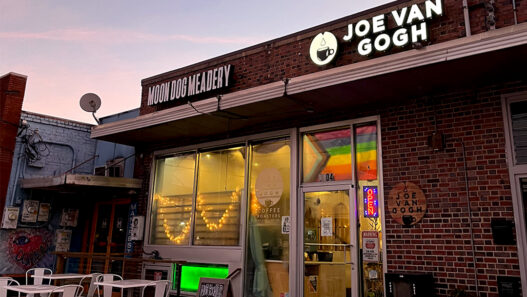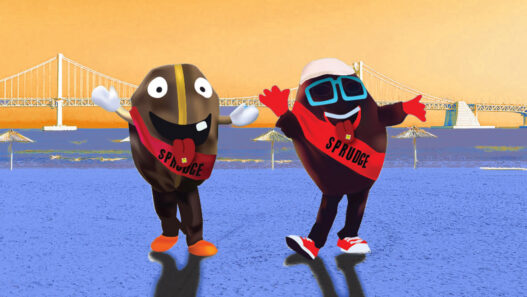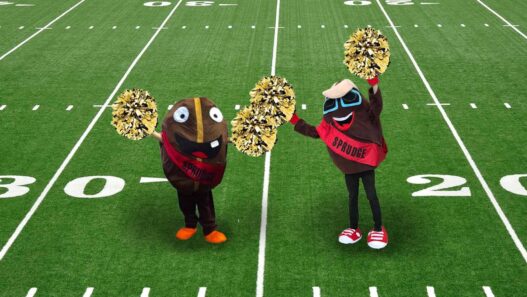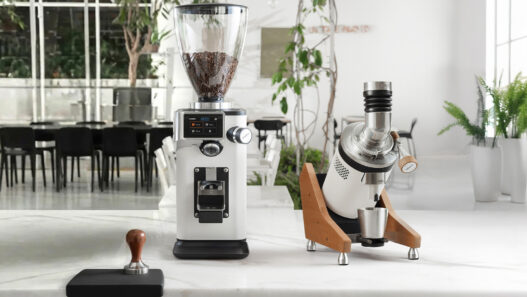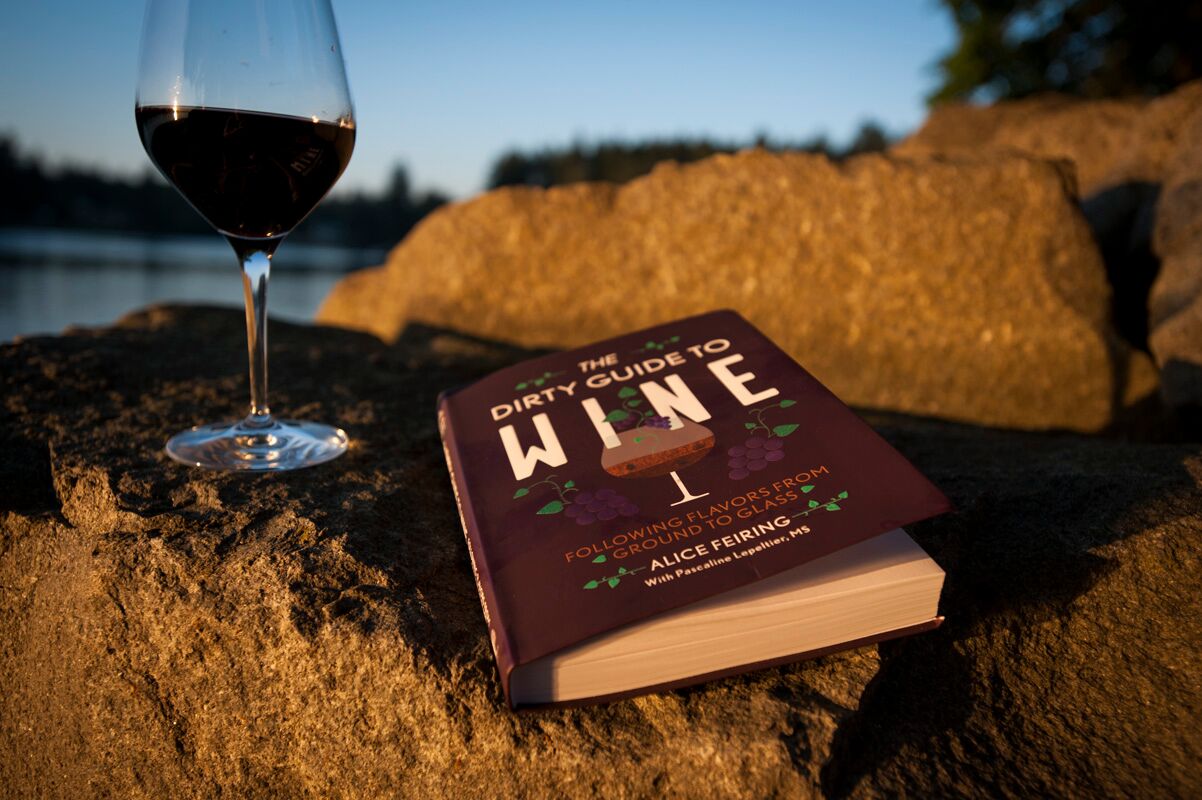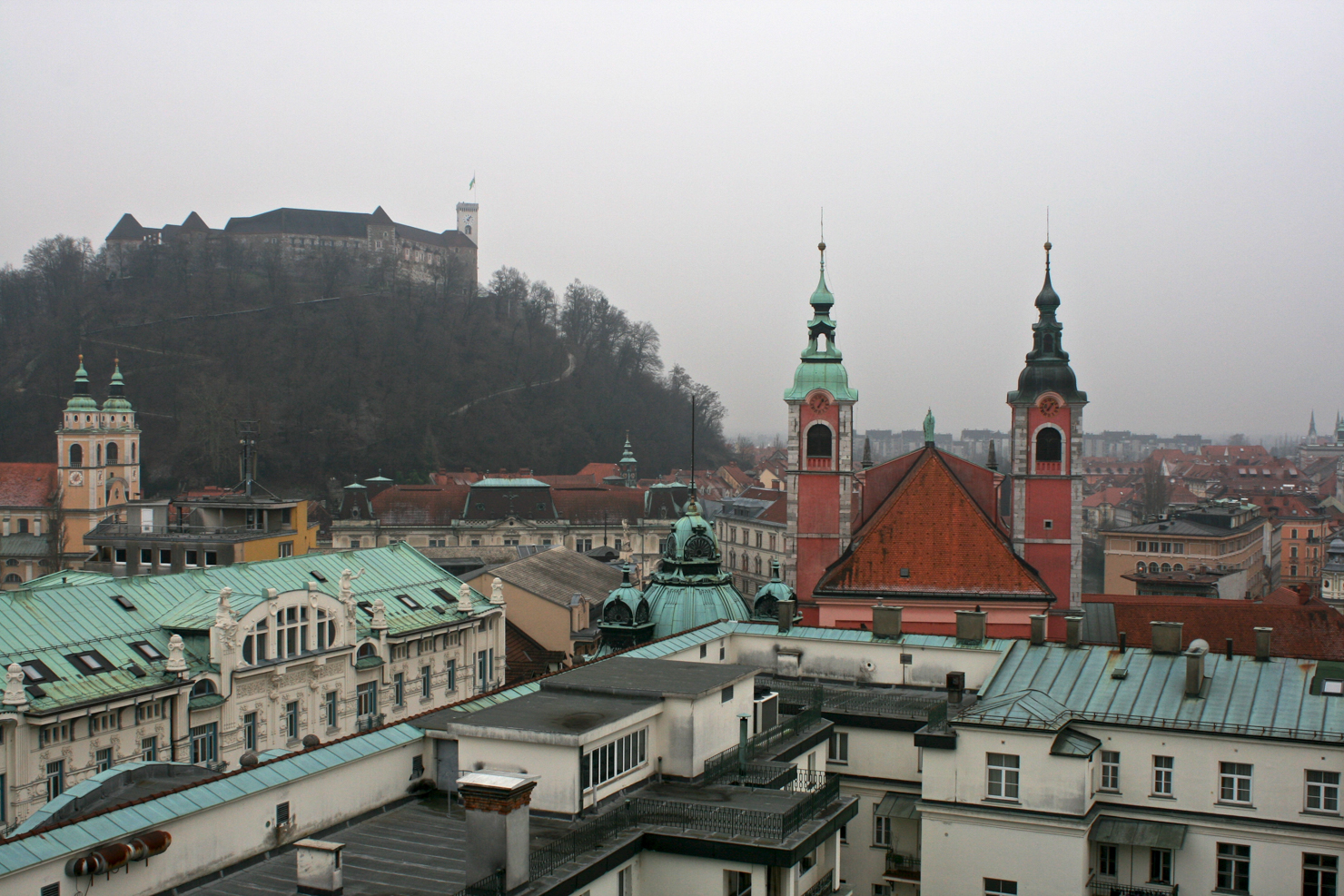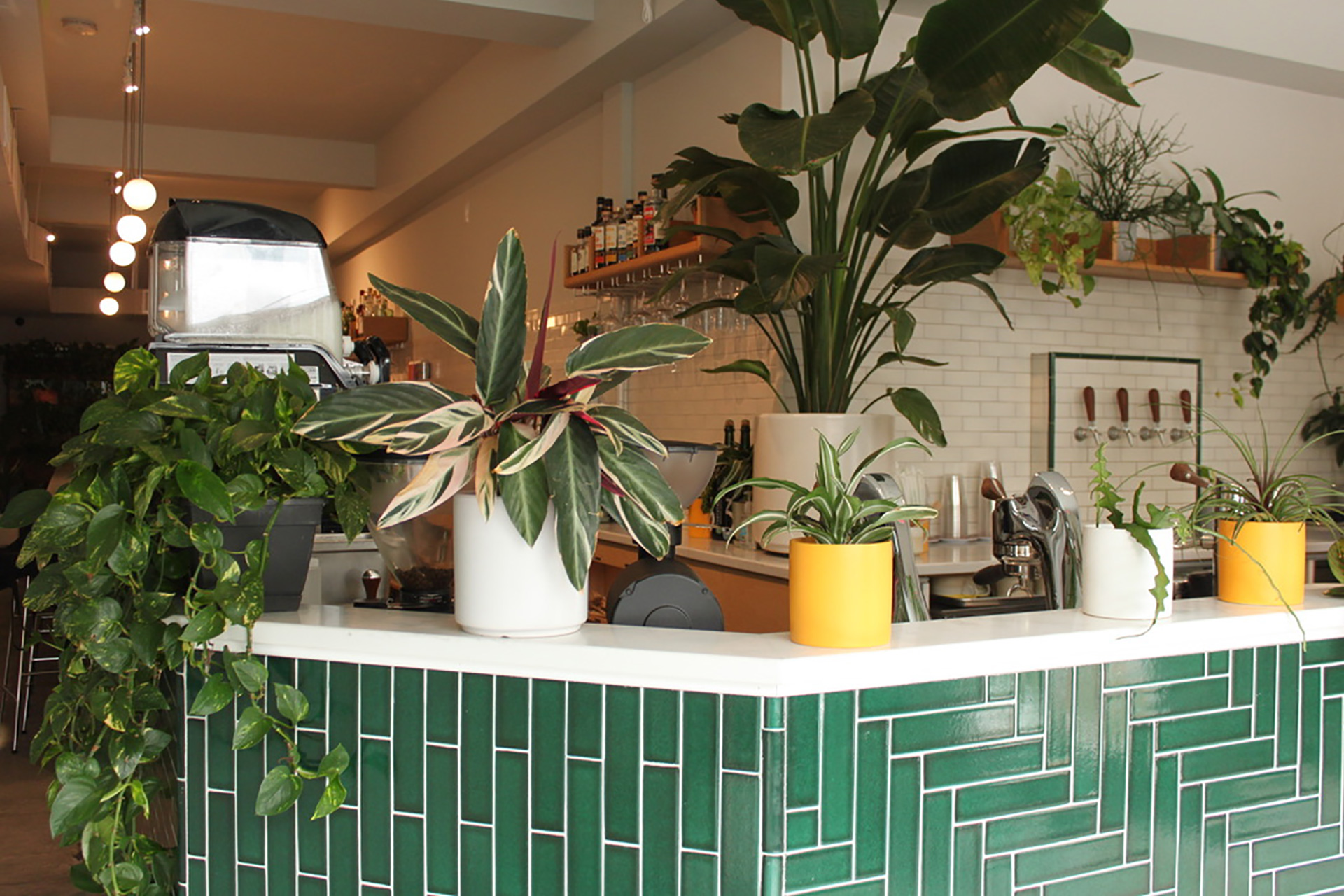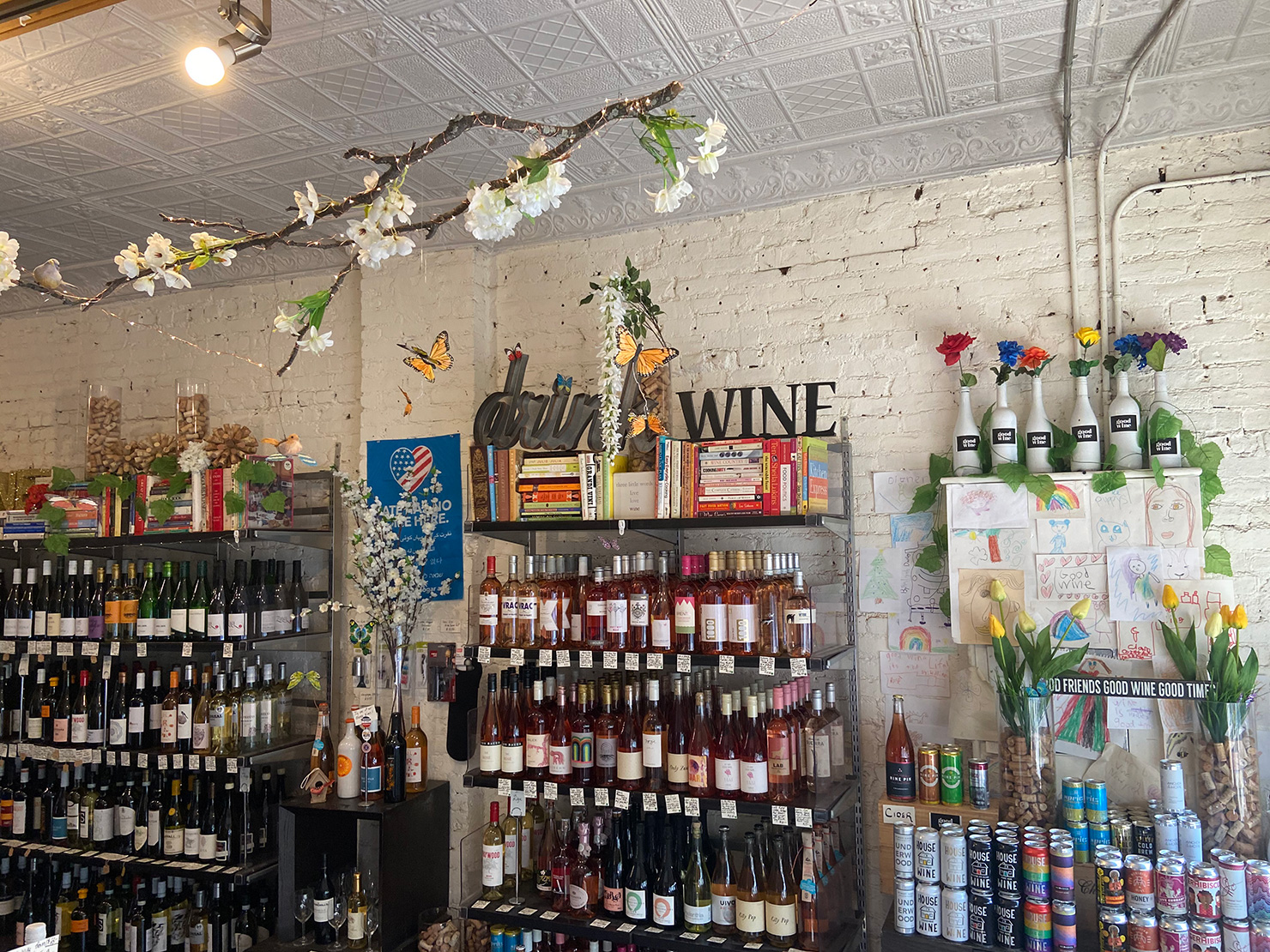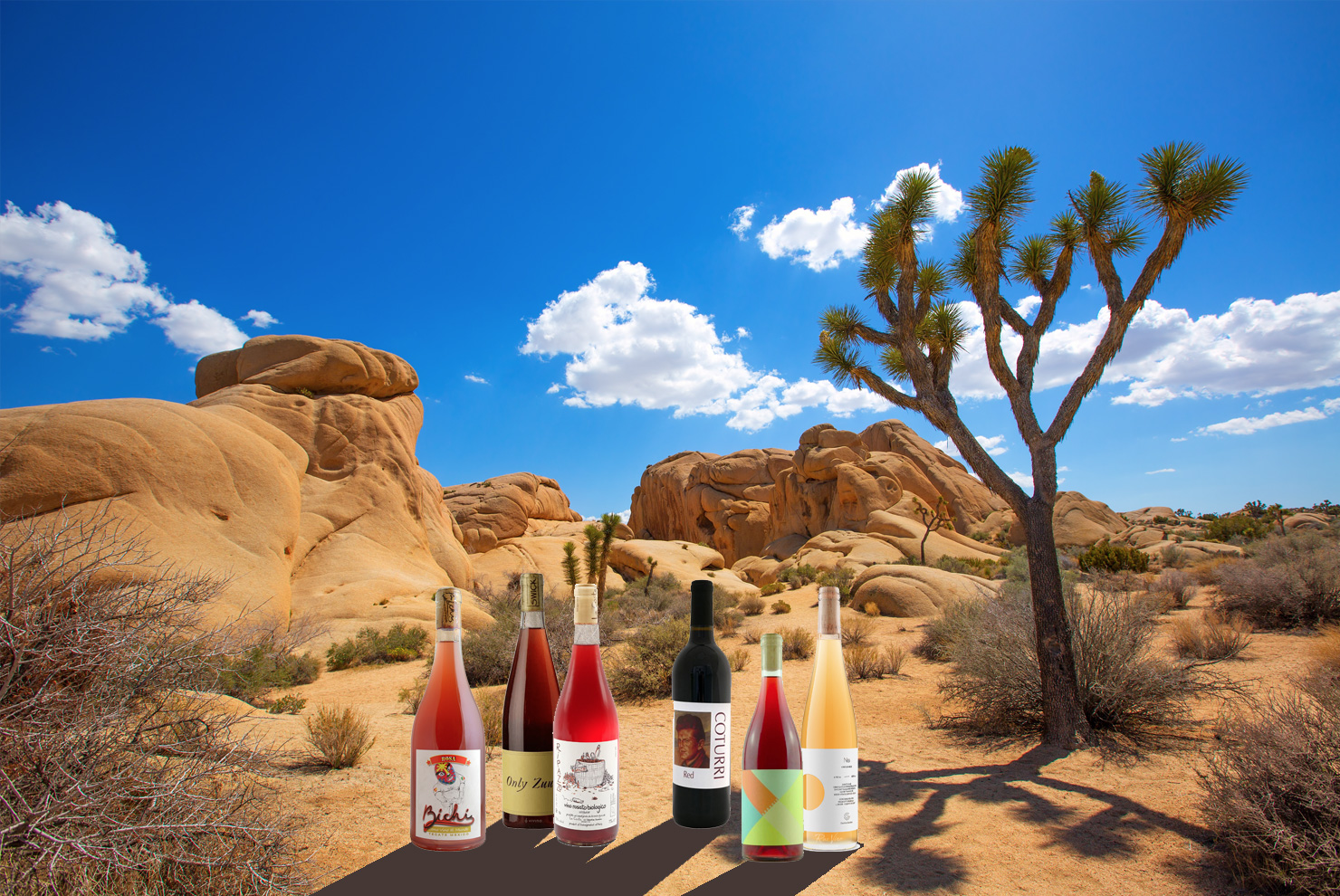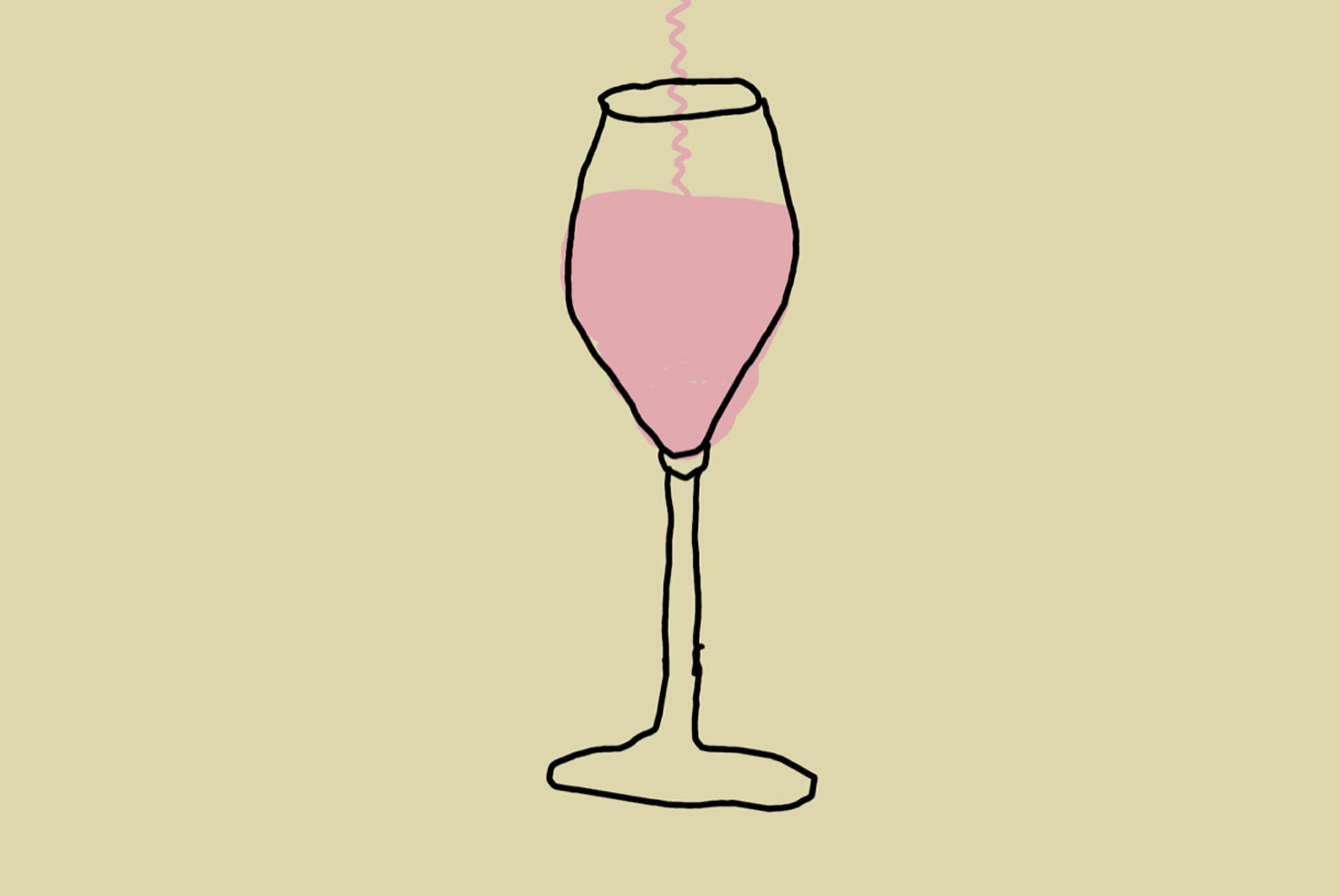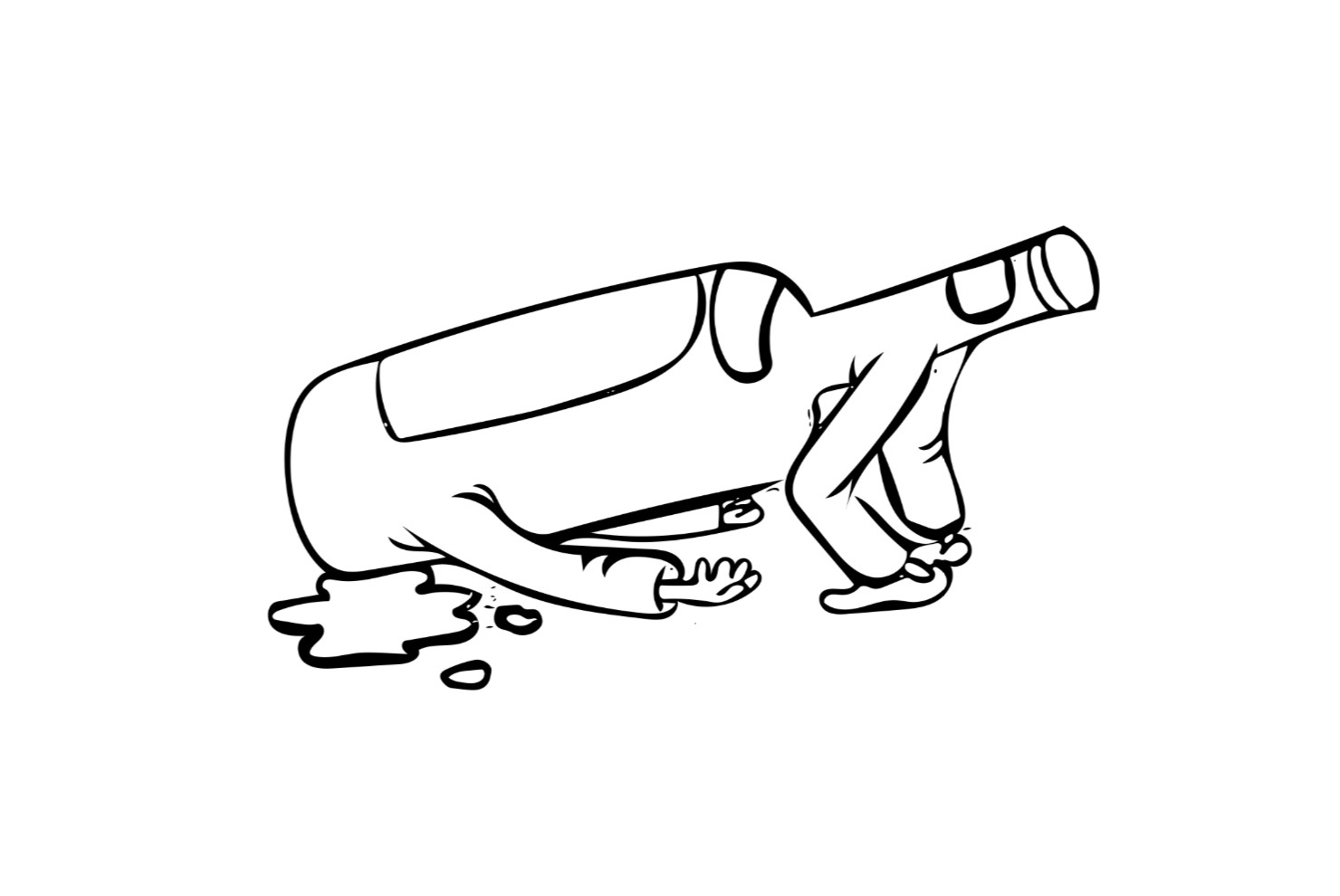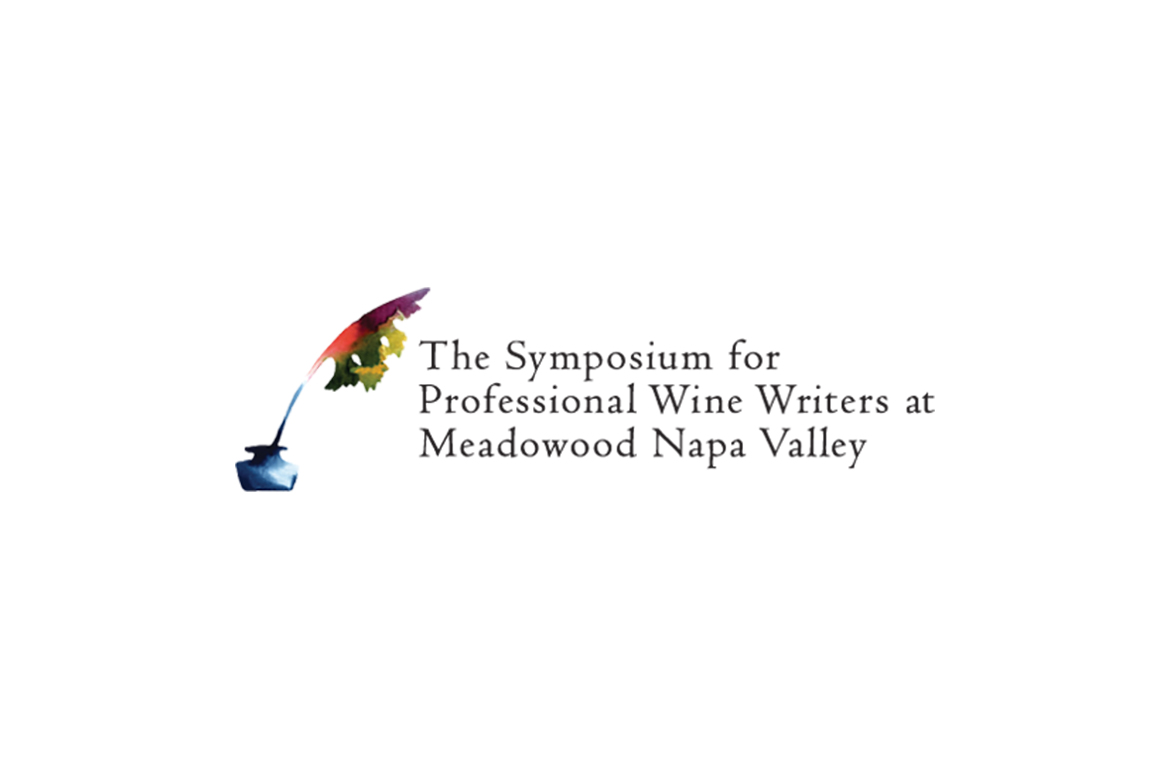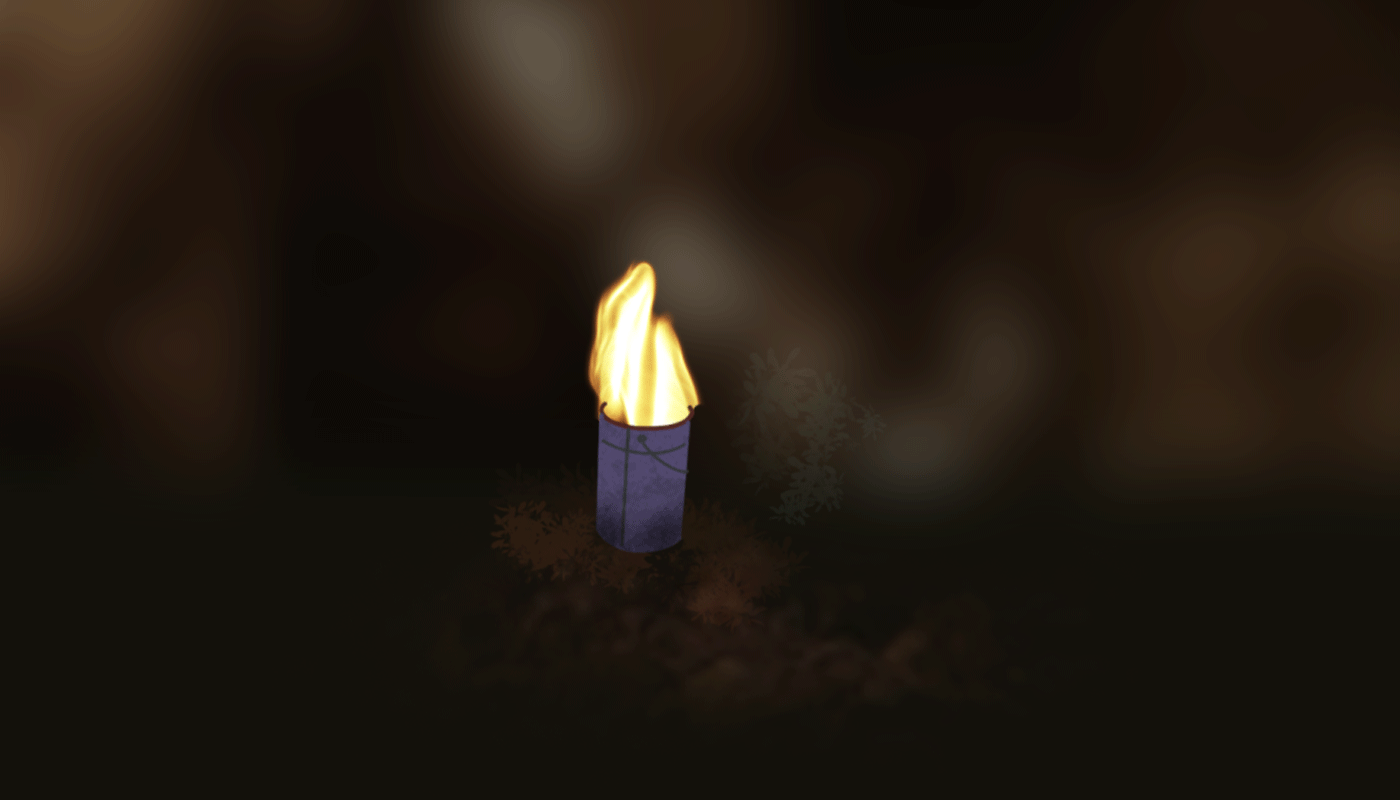Gazing into the depths of a glass of wine, our thoughts might wander to the region or grape variety—but how many of us think about the dirt?
Natural wine is naturally intertwined with the concept of terroir, taken directly from French, and derived from the word terre (literally dirt). The idea being, the fewer manipulations made to a bottle of wine, the more you’ll be able to taste its place. But can we truly understand that notion without first understanding the dirt itself?
If you’re a natural wine lover, or just natural wine curious, writer Alice Feiring should already be on your radar. Feiring is a James Beard award winner, publisher of an essential eponymous natural wine newsletter (The Feiring Line), and the author of The Battle For Wine and Love, the seminal Naked Wine, and For The Love of Wine, three book-length treatments on natural wine that range from ancient practices of the Republic of Georgia to the laboratories at UC Davis. In her latest book, The Dirty Guide To Wine, the subject is dirt—and that which lies beneath.
The subject of dirt’s–or as we are told correctly, bedrock’s–influence on wine is a thorny one, with professional opinion divided on its importance. Co-author Pascaline Lepeltier (Beverage Director at Manhattan’s Rouge Tomate) notes in the book, “96% of a grape’s success is having the right kind of sunlight and rain,” crediting just 4% of influence to the soil. And Feiring herself freely admits, “It is nearly impossible to link up specific soils to taste.” So why bother with the subject at all? Feiring answers this conundrum eloquently in the book’s introduction: “How and whether the tastes of the stone get into the wine is endlessly debatable, it is not the point of this book. Rather, this book is a way to organize learning about wine.” And learn we do.
Immediately following the introduction, and worthy of purchasing in its own right, is a primer on all major soil types, and a quick refresher on farming and winemaking before delving headlong into the question, “can you really taste dirt?” Included is a helpful section on how to taste wines, with brilliant topics you won’t find in other more traditional guides, such as “liveliness” and “drinkability.”
The core of the book is, not surprisingly, structured around the three bedrock families: Igneous, Sedimentary and Metamorphic, as opposed to the traditional division of wines by region or varietal. Within each grouping is a list of all the bedrock types found in each region, for example limestone in Jura, France. At first this may be a little disorientating, as one jumps back and forth from one country to the next, like the juxtaposing subplots in a Tarantino film, but interesting connections soon become apparent.
Beside the main text, this book is packed with useful lists, notes and profiles. Noteworthy is the inclusion of “Tasting Boxes” for each bedrock family—a handful of examples of wines with detailed tasting notes, linked to their respective bedrock. Other helpful information can be found in the “Sedimentary Cheat Sheets,” a quick reference guide to location, soil, weather and varietal.
If you are feeling as though the subject matter is too dry (pun permitted), don’t be put off. This is a concise, accessible and highly informative book, balancing deftly between textbook and narrative (Feiring’s specialty), with plenty of literary quotes to liven things up. It is superbly researched and can be read cover to cover, or referred to periodically like any good reference book. It contains knowledge, yes, but also humour and lightness to carry the reader through such a serious subject.
Perhaps the most important take away after reading this book is the idea of reinstating place (and by extension soil and the broader terroir) over grape varietals. “Looking for the clues from the soil, even if you don’t find them, heightens your tasting sensitivity and increases enjoyment,” Feiring tells us.
I’ll drink to that.
Luc Revel is an advocate of honest winemaking. He is based in the Puget Sound and works in the fields of architecture, photography and writing.




